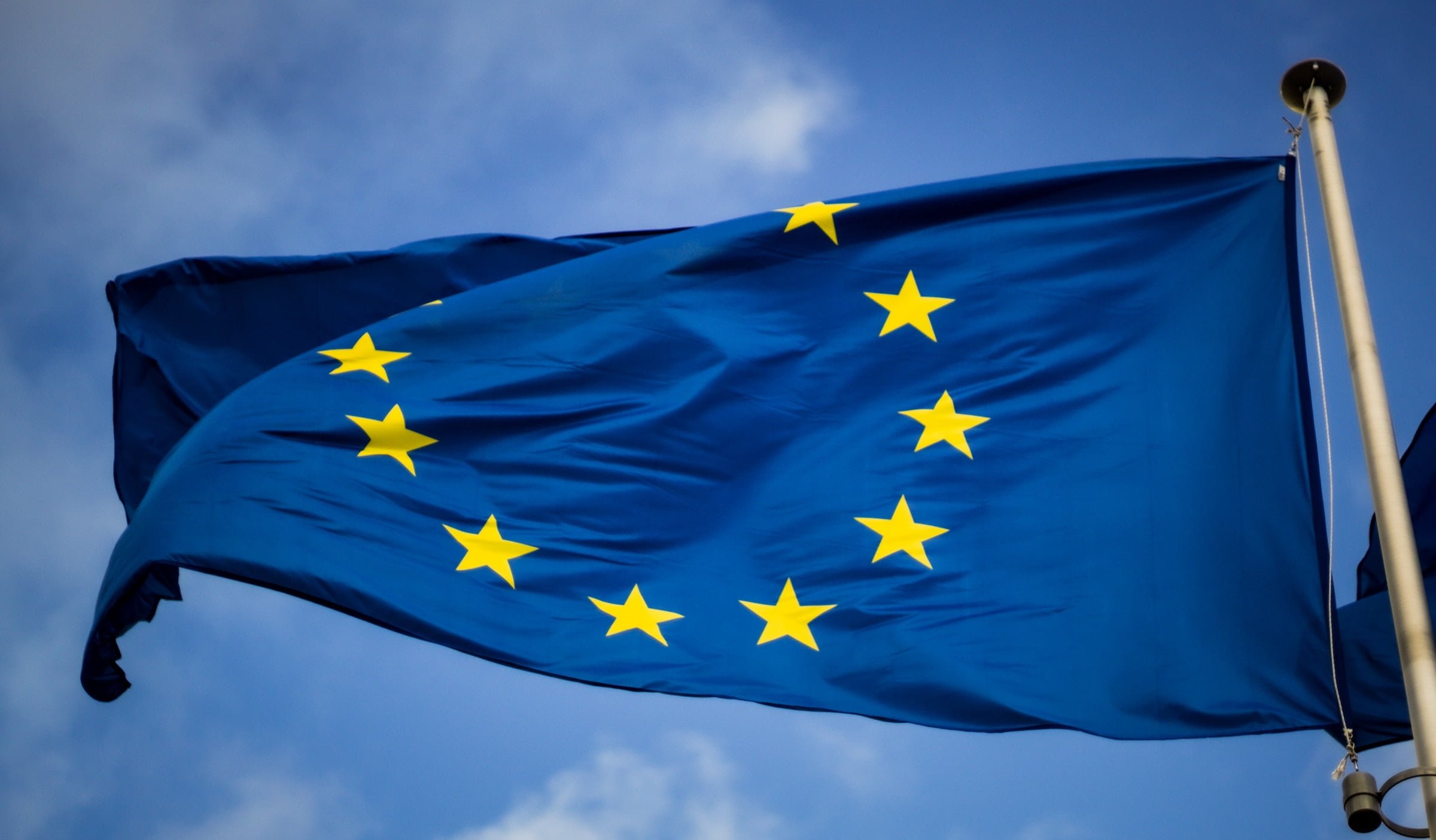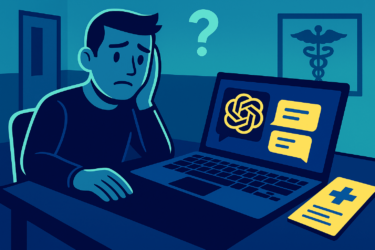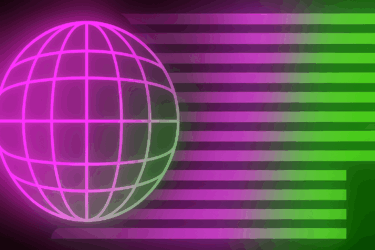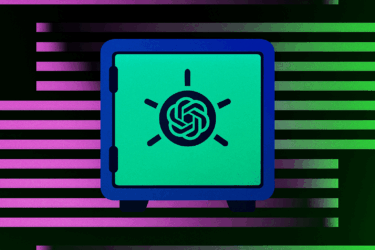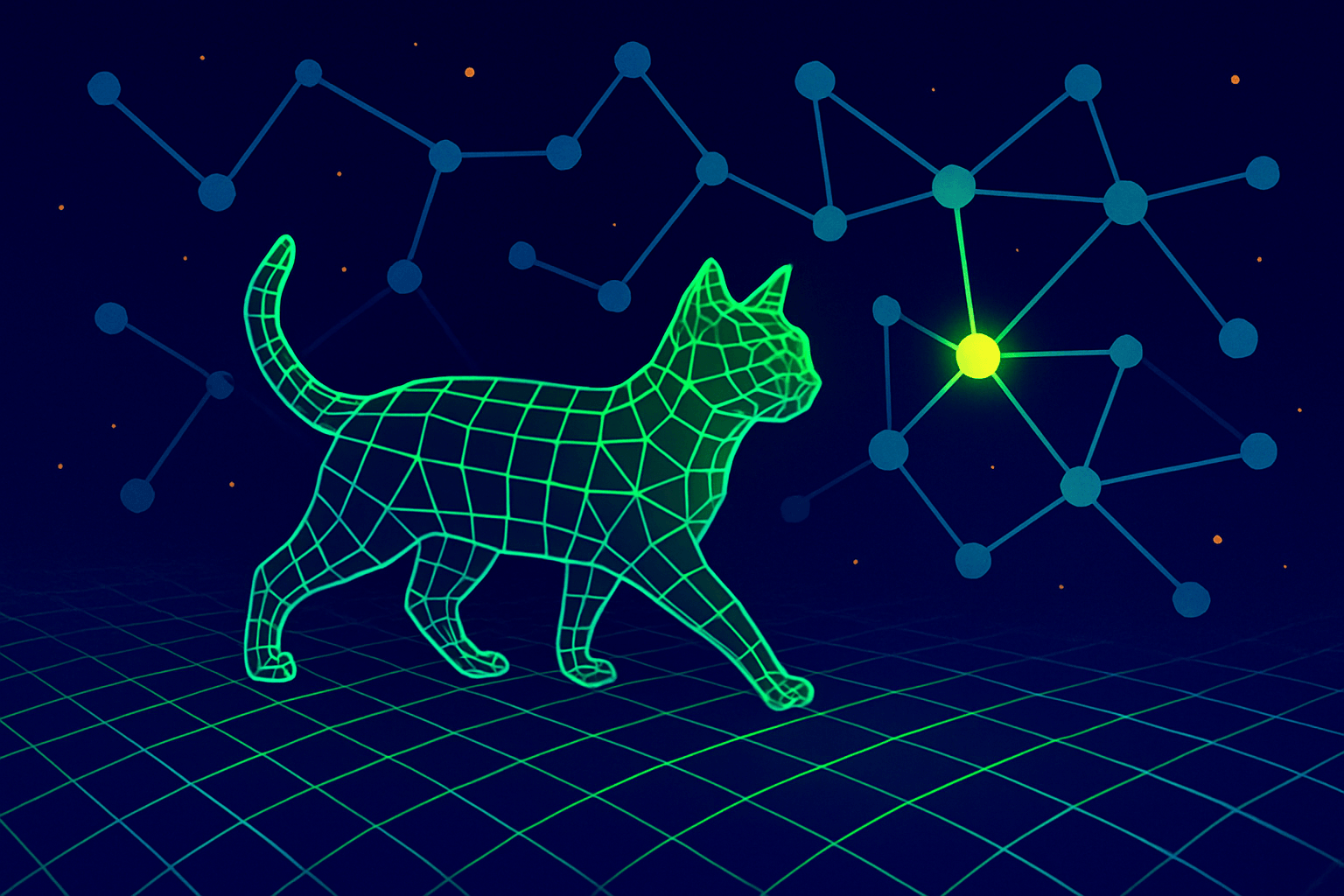Italy has blocked ChatGPT due to GDPR concerns, OpenAI has followed suit without protest. Will other EU countries also block ChatGPT?
According to a Reuters report, the data protection authorities of France and Ireland have contacted the Italian data protection authority. The latter had blocked ChatGPT last week due to privacy concerns, OpenAI has complied with this request without objection. The authorities are in contact about possible further steps.
The Spanish authority has not received a complaint, but has not ruled out an investigation, while Sweden has no plans to block ChatGPT. The Irish DPA says it will exchange views with all EU DPAs.
The German Ministry for Digital Affairs rejects a ban on ChatGPT. Instead, ways must be found to "safeguard values such as democracy and transparency," a ministry spokesperson told the German newspaper Handelsblatt. Europe must become a "global pioneer for trustworthy AI," he adds.
The German Federal Commissioner for Data Protection, Ulrich Kelber, believes that a ChatGPT block would in principle be enforceable. However, it would have to go through regional data protection authorities, which would complicate a ban. Kelber's office is in contact with the Italian DPA.
In its decision to block ChatGPT, the Italian DPA cited a lack of legal basis for the "mass collection and storage of personal data" for further AI training. It also said that children under 13 were not adequately protected.
Generative AI generates privacy and copyright issues
From a data protection perspective, there are two main criticisms of generative AI: First, the training data may contain text or images that are relevant under data protection law, and these may become visible again when the model is used. Second, data entered during interaction with the systems is processed by them, for example to further optimize the AI.
OpenAI does not explicitly ask for personal data in ChatGPT, as social media services do, for example. However, it is highly likely that people will edit or create private or business documents that are relevant to privacy. OpenAI notes in its own privacy policy that this personal data may also be used to improve its own services.
Add to this unresolved questions about the copyright of training data or the use of copyrighted content in chatbots like Bing Chat, and there is only one conclusion at this point: current generative AI rips a giant hole in existing privacy and copyright regulations.
